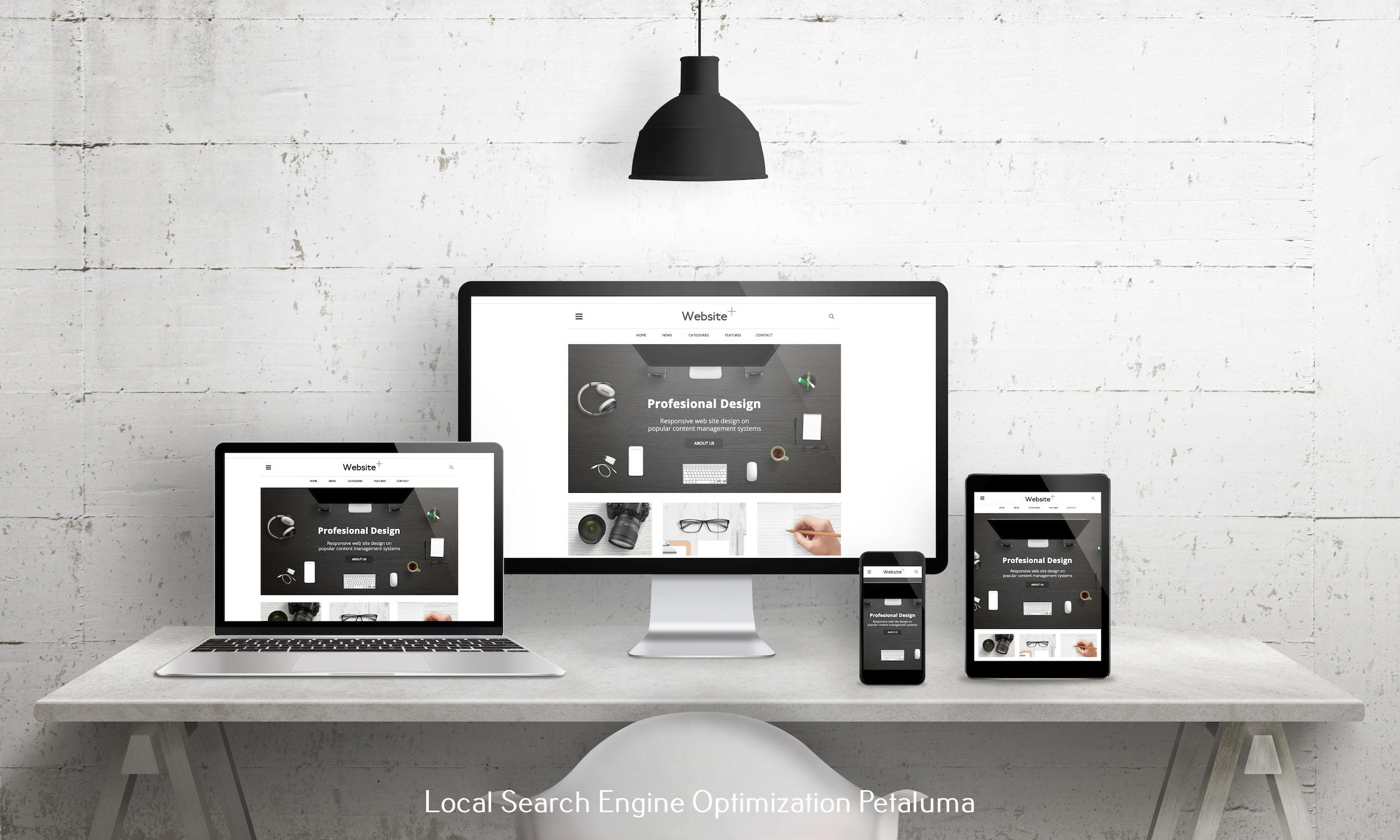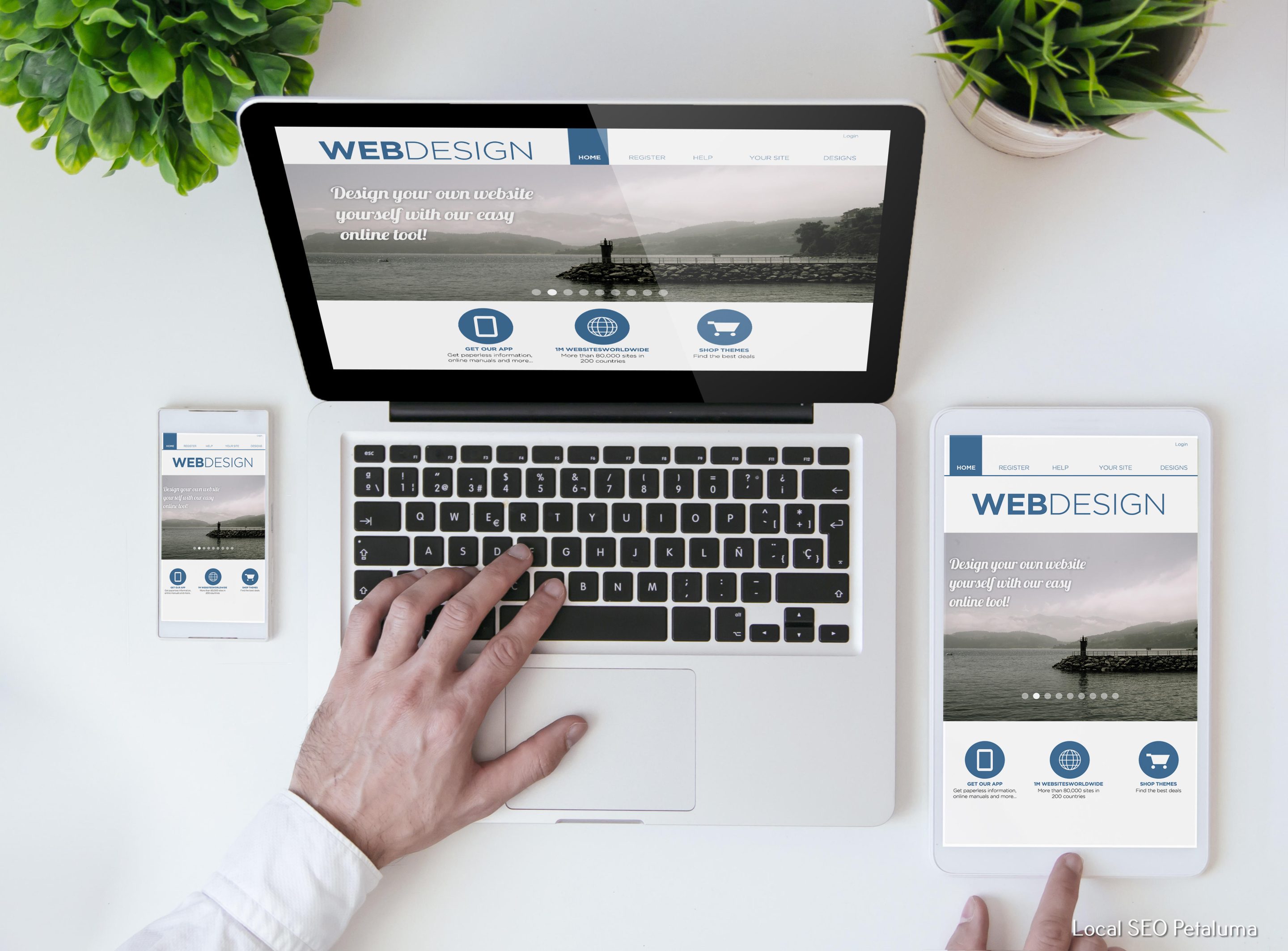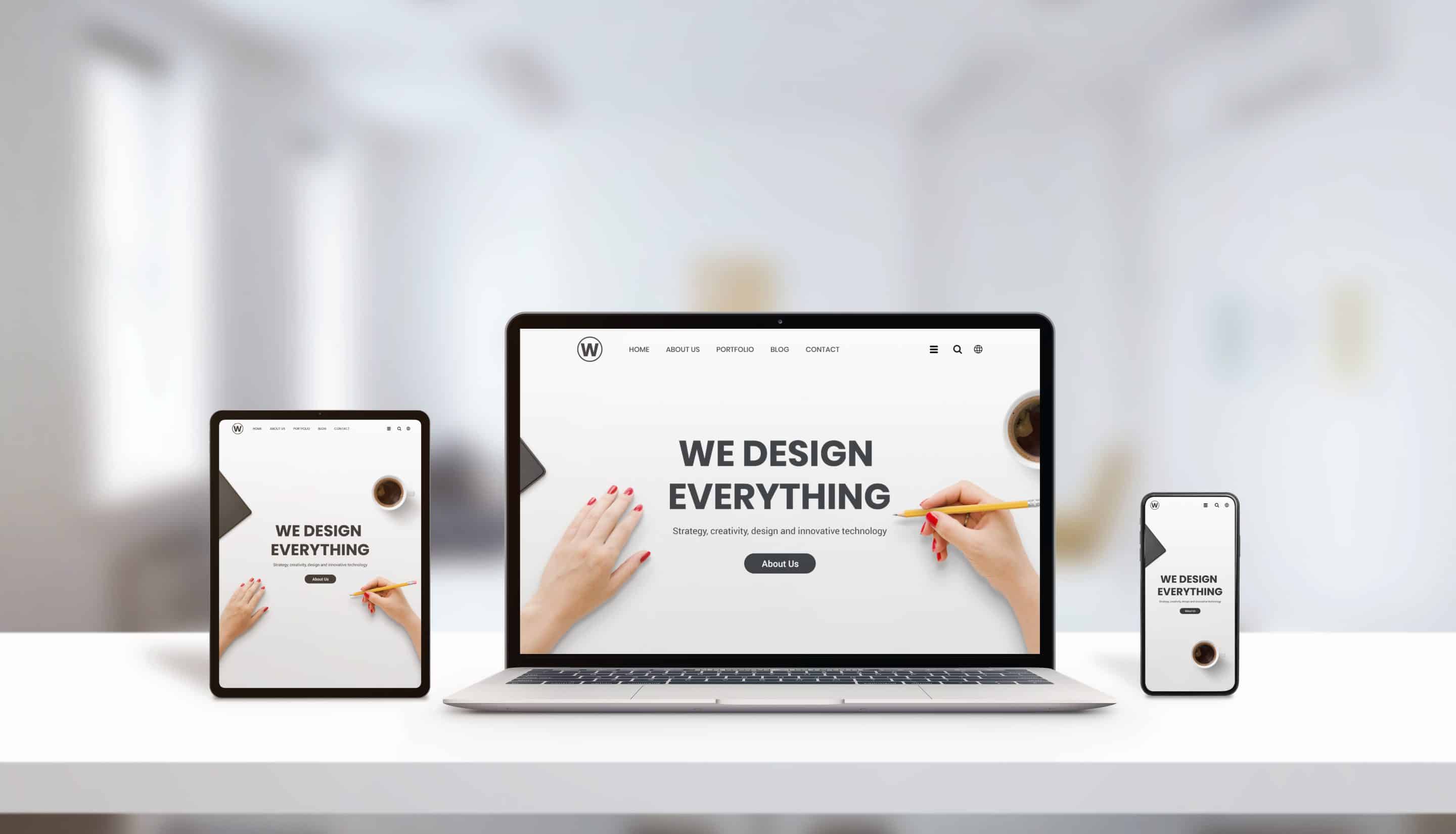In this digital age, where smartphones have become an extension of our very beings, it comes as no surprise that mobile-responsive website design plays a crucial role in delivering exceptional user experiences. Gone are the days when people only accessed the internet through desktop computers. Today, browsing the web on mobile devices is the norm. As a seasoned copywriter, let me take you on a journey to explore the profound impact of mobile-responsive website design on user experience.
- The Rise of Mobile Browsing:
The numbers don't lie. In 2021, there are over 3.8 billion smartphone users worldwide, and that number is expected to grow. More and more people are using their smartphones to access the internet, whether it's for shopping, researching, or simply staying connected. As a business, ignoring the mobile web landscape means missing out on a significant portion of potential customers. By embracing mobile-responsive website design, you can tap into this massive market and cater to the needs of mobile users. - Seamless User Experience:
Imagine visiting a website on your mobile device, and all you see is a shrunken version of the desktop site, making it impossible to read or navigate. Frustrating, right? A mobile-responsive website, on the other hand, adapts fluidly to any screen size, ensuring a seamless and enjoyable user experience. Buttons and links are properly sized and easy to tap, text is legible, and images are optimized for quick loading. When users can effortlessly interact with your website, they are more likely to stay longer, explore further, and ultimately convert into customers. - Improved Search Engine Rankings:
In the ever-evolving world of search engine optimization (SEO), mobile responsiveness has become a critical ranking factor. Search engines like Google understand that mobile-friendliness directly impacts user experience. Therefore, websites that are mobile-responsive are given higher priority in search results, ensuring your business is more visible to potential customers. By investing in mobile-responsive design, you not only enhance user experience but also boost your chances of being found online. - Faster Page Load Times:
Speed matters. According to studies, 53% of mobile users abandon a website if it takes more than three seconds to load. Mobile-responsive website design ensures optimized performance, resulting in faster load times. By implementing techniques such as image compression, minifying code, and utilizing caching mechanisms, your website becomes lightning-fast. This not only keeps users engaged but also reduces bounce rates, improving your chances of driving conversions. - Adaptability Across Devices:
Mobile-responsive website design doesn't just cater to smartphones; it extends its benefits to tablets, smart TVs, and even wearable tech. With the rising popularity of devices like tablets and smartwatches, it's essential to ensure your website looks and functions flawlessly across all platforms. By embracing a mobile-responsive approach, you future-proof your web presence, adapting seamlessly to new devices as they emerge.
In conclusion, the impact of mobile-responsive website design on user experience cannot be overstated. By acknowledging the rise of mobile browsing, providing seamless user experiences, improving search engine rankings, ensuring faster page load times, and adapting across all devices, you position your business for success in the digital realm. Embrace mobile-responsive design and unlock the true potential of your website.
At RAD Web Marketing, we understand the importance of mobile-responsive website design in delivering exceptional user experiences. Let us help your business thrive in the mobile era. Contact us today for a free consultation.





































0 Comments